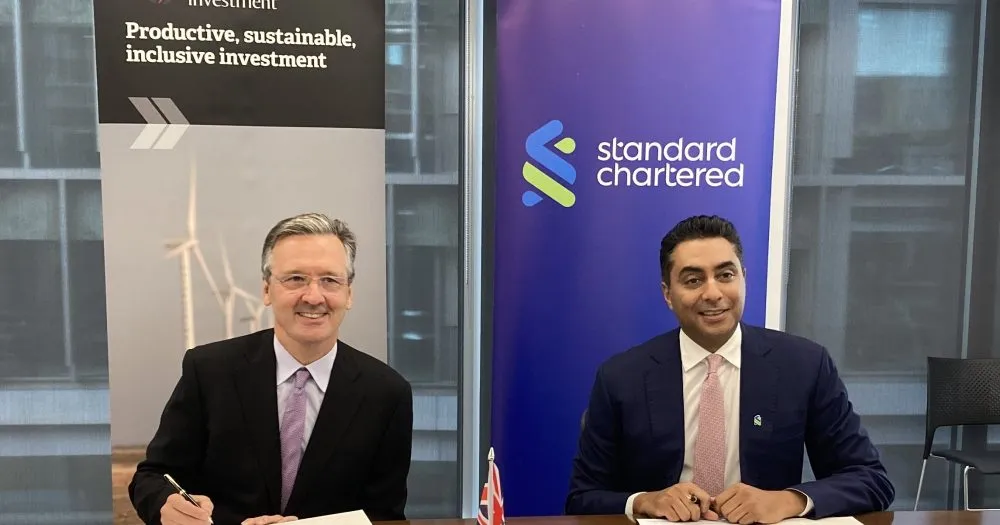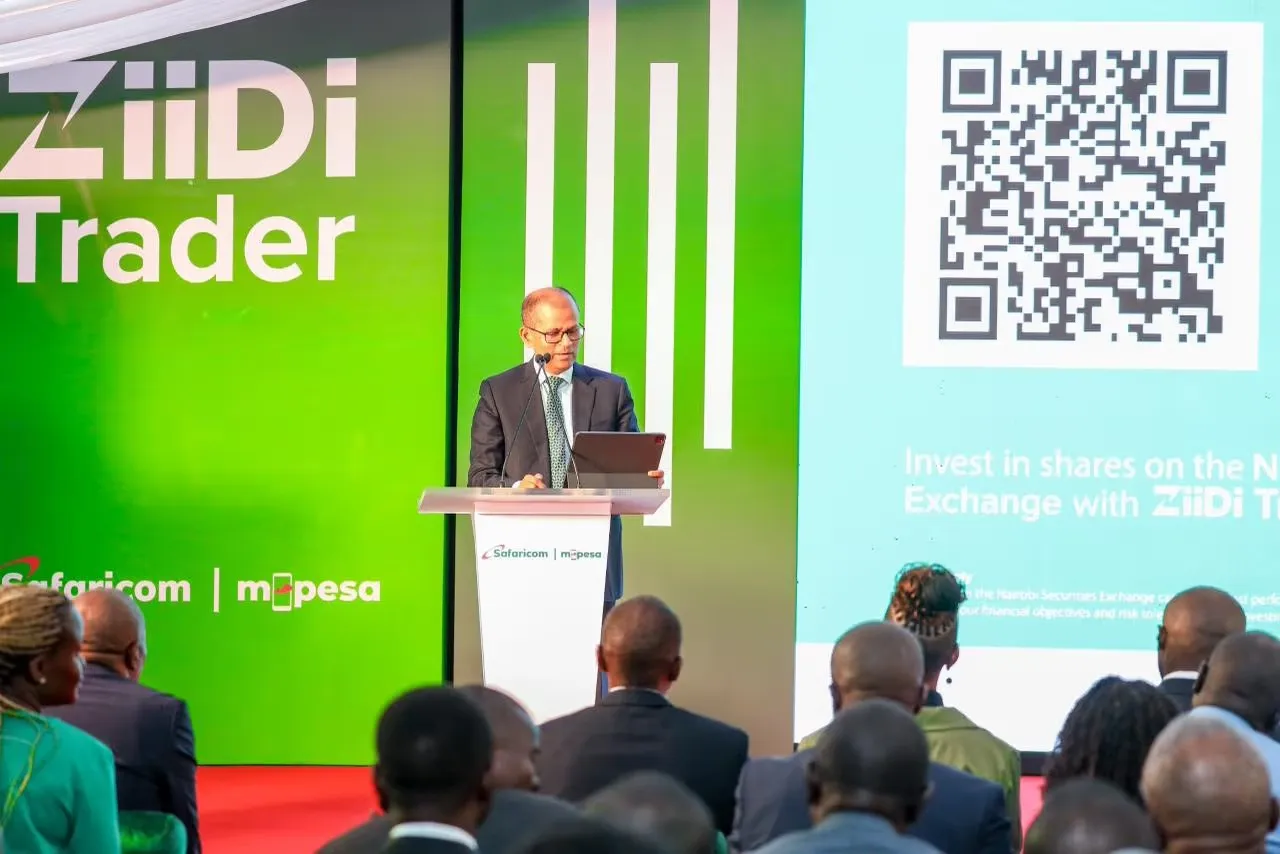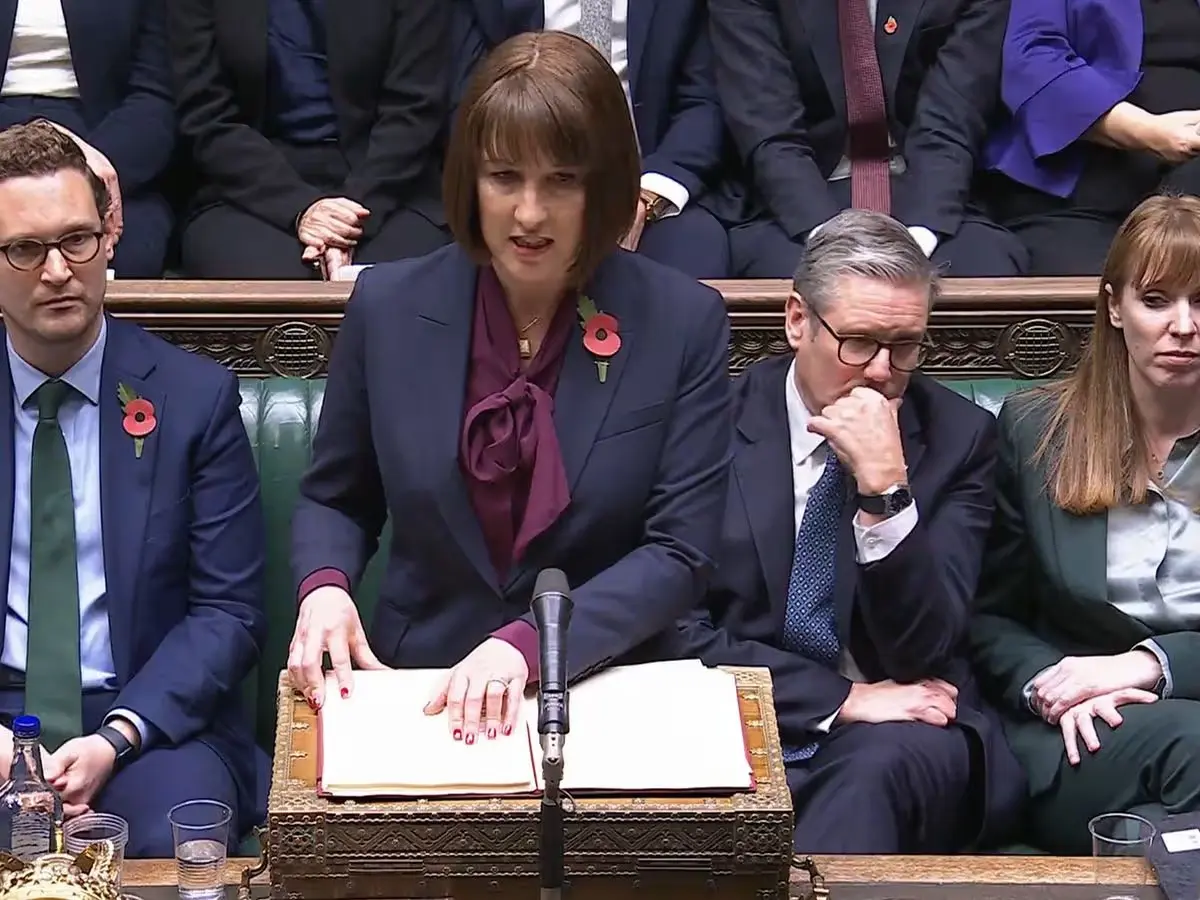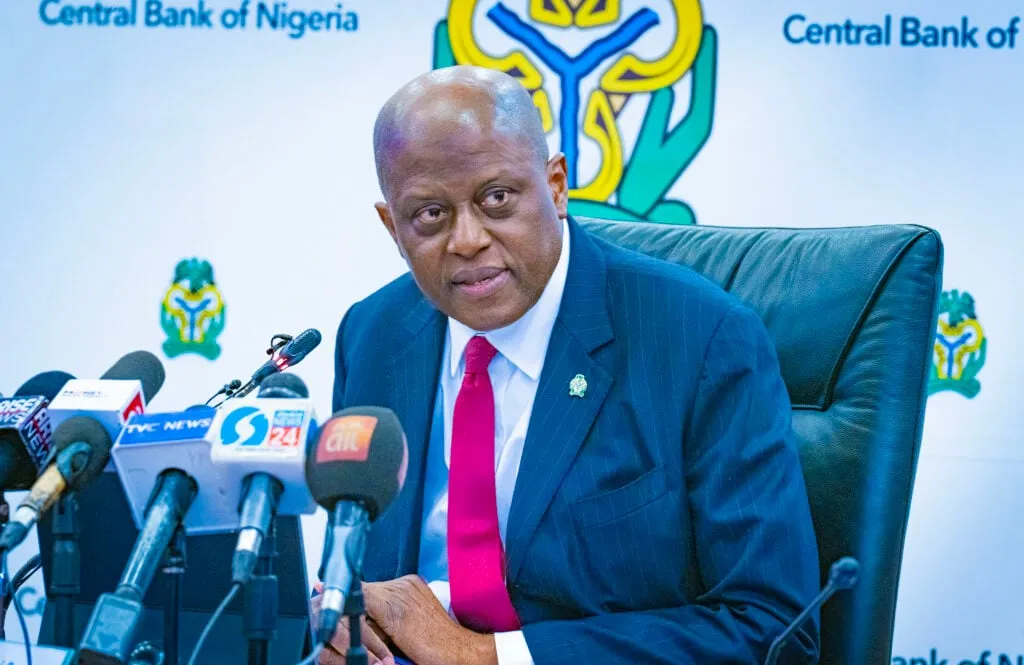Key Highlights
- USD 100 million trade finance programme signed to bolster working capital needs of private-sector firms in Kenya and Tanzania.
- Over USD 450 million in gross transaction volumes expected over the facility’s lifetime.
- Targets critical sectors: agriculture, food production, healthcare, industrials, and infrastructure.
- Qualifies under the 2X Challenge, supporting women-owned or women-led businesses and promoting gender equality.
- Builds on a USD 350 million risk-participation agreement from November 2024, itself an extension of an initial 2013 partnership.
A USD 100 Million Boost for East African Trade
Standard Chartered, a global cross-border bank, and British International Investment (BII), the UK’s development finance institution and impact investor, today formalised a USD 100 million trade finance facility to support the trade finance and working-capital requirements of private-sector companies in Kenya and Tanzania (British International Investment). By offering risk-sharing and partial guarantees, the programme enables local businesses—ranging from agribusiness SMEs to large industrial exporters—to access the liquidity they need to import inputs, fulfil export orders, and scale operations.
Over its anticipated five-year tenure, the facility is poised to facilitate over USD 450 million in gross transaction volumes, according to the partners’ joint announcement (British International Investment). This leverage ratio underscores how relatively modest public-sector funding can unlock multiple times its value in private-sector trade activity.
Building on a Decade-Long Partnership
This newest commitment extends a long-standing collaboration between Standard Chartered and BII:
- 2013: First risk-participation agreement signed, focusing on trade-finance access in frontier markets.
- November 2024: Partners agreed a USD 350 million facility to support SMEs and corporates across Africa and South Asia, underwriting essential goods flows during the COVID-19 aftermath (Standard Chartered Bank).
- May 2025: Launch of the USD 100 million Kenya–Tanzania programme, marking a strategic shift to deepen impact in East Africa (British International Investment).
To date, these arrangements have cumulatively enabled over USD 10 billion in trade volumes, demonstrating the catalytic power of risk-participation to spur private-sector lending.
Addressing Africa’s Trade Finance Gap
Despite trade being a vital engine of growth, Africa’s trade finance gap remains stubbornly high—estimated at USD 80 billion to USD 120 billion in recent years—and has widened amid pandemic-related supply-chain strains and geopolitical tensions (ITFA). In sub-Saharan Africa:
- Banks report higher risk premiums and collateral demands for SMEs, particularly women-owned enterprises, limiting their access to import and export finance.
- IFC-WTO studies show trade flows in West Africa could rise 8–16% (equivalent to up to USD 26 billion annually) if trade finance availability matched global benchmarks (IFC).
- Around 40% of Africa’s imports and exports rely on trade finance—well below the 80% global average—highlighting a persistent financing shortfall (IFC).
By sharing risk with Standard Chartered, BII’s programme directly tackles this gap, enabling the bank to extend larger volumes of affordable trade- and working-capital loans to underserved businesses (Global Trade Review (GTR)).
Catalysing Inclusive Growth through the 2X Challenge
The facility qualifies under the 2X Challenge, a G7-launched initiative aimed at mobilising private capital for projects that empower women in developing economies. To meet the 2X Criteria, eligible activities must:
- Support women-owned or women-led businesses,
- Promote women’s leadership,
- Enhance women’s access to quality employment and financial services,
- Foster products or services that benefit women
By prioritising trade-finance lines for women-owned SMEs—often excluded by traditional credit-scoring metrics—Standard Chartered and BII reinforce gender equality and women’s economic empowerment in East Africa’s private sector.
Sectoral Focus: From Farm Inputs to Factory Exports
The USD 100 million facility spans five key sectors:
| Sector | Impact Examples |
| Agriculture | Financing seed imports, fertilisers and cold-chain logistics for Kenyan horticulture exporters and Tanzanian coffee cooperatives. |
| Food Production | Working-capital lines for milling, processing and packaging firms to ramp up output and meet regional demand. |
| Healthcare | Trade-finance support for medical-equipment distributors, boosting availability of diagnostics and essential medicines. |
| Industrials | Import- and export-finance for manufacturers of textiles, automotive components and consumer goods. |
| Infrastructure | Pre-shipment financing for equipment, spare parts and construction materials used by contractors in roads, ports and energy-sector projects. |
This diversified approach not only spreads risk but also stimulates value-chain integration, ensuring smallholders can feed processing plants and factories can export finished goods—driving broader economic multipliers.
Country Spotlight: Kenya and Tanzania
Kenya
- Regional Trade Hub: Contributes over 60% of East Africa’s export volumes, with Nairobi serving as a financial and logistical nexus.
- SME Engine: Over 90% of Kenyan businesses are SMEs, yet many struggle to secure formal trade-finance lines due to collateral and risk-perception hurdles.
- Digital Innovation: Fintech platforms like M-Pesa and trade-digitisation initiatives are lowering transaction costs, setting the stage for rapid facility uptake (Global Trade Review (GTR)).
Tanzania
- Gateway to the Indian Ocean: The Ports of Dar es Salaam and Tanga handle key transit cargoes for landlocked neighbours.
- Agricultural Potential: Tanzania is among the world’s top producers of cloves and cashews, yet post-harvest losses exceed 20% without robust financing for storage and transport.
- Infrastructure Push: Government prioritises a 5 GW renewables target by 2035, opening demand for imported turbines, cables and transformers—trade-finance lines can accelerate these capex cycles.
By channelling resources to these two economies, the programme enhances not just bilateral trade but also regional value-chain linkages across East Africa.
Learning from Other Trade-Finance Initiatives
Trade finance risk-participation has proven its worth in analogous programmes:
- IFC–HSBC: A USD 1 billion facility supporting trade in emerging markets, mitigating a USD 2.5 trillion global gap .
- BII–Citigroup: A USD 100 million facility underwritten to quadruple SME lending across Africa, deployed in 2022 (Reuters).
- AfDB–Proparco: Co-financed trade and food-security programme in West Africa, addressing a USD 14 billion regional gap (Proparco).
These precedents highlight how blending DFI capital with private lending can unlock transformative levels of trade activity.
Overcoming Barriers and Charting the Road Ahead
While the USD 100 million facility marks a significant stride, multiple challenges persist:
- Political Risk: Upcoming elections in Kenya (2027) and Tanzania (2025) could trigger policy shifts or market volatility, demanding robust risk-mitigation frameworks.
- Currency Fluctuations: Local-currency depreciation against the dollar can erode loan economics; natural-hedge structures and partial FX-guarantees may be needed.
- Regulatory Complexity: Divergent banking regulations and collateral-enforcement regimes across East African jurisdictions elevate transaction costs.
- Capacity Gaps: Limited financial-sector expertise in advanced trade-finance instruments—such as supply-chain finance and digital trade platforms—underscores the need for parallel knowledge-transfer initiatives.
To tackle these, BII and Standard Chartered plan to:
- Leverage multilateral tools like Political-Risk Insurance (PRI) and blended-finance structures.
- Partner with local chambers of commerce and fintech innovators to streamline KYC (Know Your Customer) and reduce on-boarding friction.
- Offer technical-assistance workshops on trade-finance best practices, particularly for women-led enterprises.
A Catalyst for East African Prosperity
By aligning public-sector expertise and private-sector reach, the USD 100 million trade-finance facility exemplifies how blended finance can help close Africa’s persistent funding gaps. Early projections suggest:
- 30%+ of transactions will directly benefit women-owned or led businesses, in line with the 2X Challenge.
- 2–3× multiplier on gross trade volumes over the programme’s life, mobilising up to USD 450 million in regional trade.
- Accelerated value-chain integration, reducing post-harvest losses by up to 15% in targeted agricultural segments.
As the facility rolls out, Standard Chartered and BII expect to commence disbursements in Q3 2025, with full utilisation by 2028. Stakeholder workshops in Nairobi and Dar es Salaam will begin this summer, aimed at sensitising SMEs, chambers of commerce, and local banks to the new financing avenues available.
Conclusion
The partnership between Standard Chartered and British International Investment heralds a new chapter for trade finance in East Africa. By combining risk-sharing mechanisms, gender-smart criteria, and sectoral focus, the USD 100 million facility is poised to unlock critical working capital, foster sustainable growth, and empower previously underserved entrepreneurs—especially women—in Kenya and Tanzania. As Africa continues to chart its path to economic resilience, such blended-finance solutions will be indispensable in bridging the continent’s finance gaps and enabling businesses to thrive in an increasingly interconnected global marketplace.
Ready to take your career to the next level? Join our dynamic courses: ACCA, HESI A2, ATI TEAS 7 , HESI EXIT , NCLEX – RN and NCLEX – PN, Financial Literacy!🌟 Dive into a world of opportunities and empower yourself for success. Explore more at Serrari Ed and start your exciting journey today! ✨
photo source: Google
By: Montel Kamau
Serrari Financial Analyst
22nd May, 2025
Article, Financial and News Disclaimer
The Value of a Financial Advisor
While this article offers valuable insights, it is essential to recognize that personal finance can be highly complex and unique to each individual. A financial advisor provides professional expertise and personalized guidance to help you make well-informed decisions tailored to your specific circumstances and goals.
Beyond offering knowledge, a financial advisor serves as a trusted partner to help you stay disciplined, avoid common pitfalls, and remain focused on your long-term objectives. Their perspective and experience can complement your own efforts, enhancing your financial well-being and ensuring a more confident approach to managing your finances.
Disclaimer: This article is for informational purposes only and does not constitute financial advice. Readers are encouraged to consult a licensed financial advisor to obtain guidance specific to their financial situation.
Article and News Disclaimer
The information provided on www.serrarigroup.com is for general informational purposes only. While we strive to keep the information up to date and accurate, we make no representations or warranties of any kind, express or implied, about the completeness, accuracy, reliability, suitability, or availability with respect to the website or the information, products, services, or related graphics contained on the website for any purpose. Any reliance you place on such information is therefore strictly at your own risk.
www.serrarigroup.com is not responsible for any errors or omissions, or for the results obtained from the use of this information. All information on the website is provided on an as-is basis, with no guarantee of completeness, accuracy, timeliness, or of the results obtained from the use of this information, and without warranty of any kind, express or implied, including but not limited to warranties of performance, merchantability, and fitness for a particular purpose.
In no event will www.serrarigroup.com be liable to you or anyone else for any decision made or action taken in reliance on the information provided on the website or for any consequential, special, or similar damages, even if advised of the possibility of such damages.
The articles, news, and information presented on www.serrarigroup.com reflect the opinions of the respective authors and contributors and do not necessarily represent the views of the website or its management. Any views or opinions expressed are solely those of the individual authors and do not represent the website's views or opinions as a whole.
The content on www.serrarigroup.com may include links to external websites, which are provided for convenience and informational purposes only. We have no control over the nature, content, and availability of those sites. The inclusion of any links does not necessarily imply a recommendation or endorsement of the views expressed within them.
Every effort is made to keep the website up and running smoothly. However, www.serrarigroup.com takes no responsibility for, and will not be liable for, the website being temporarily unavailable due to technical issues beyond our control.
Please note that laws, regulations, and information can change rapidly, and we advise you to conduct further research and seek professional advice when necessary.
By using www.serrarigroup.com, you agree to this disclaimer and its terms. If you do not agree with this disclaimer, please do not use the website.
www.serrarigroup.com, reserves the right to update, modify, or remove any part of this disclaimer without prior notice. It is your responsibility to review this disclaimer periodically for changes.
Serrari Group 2025
















